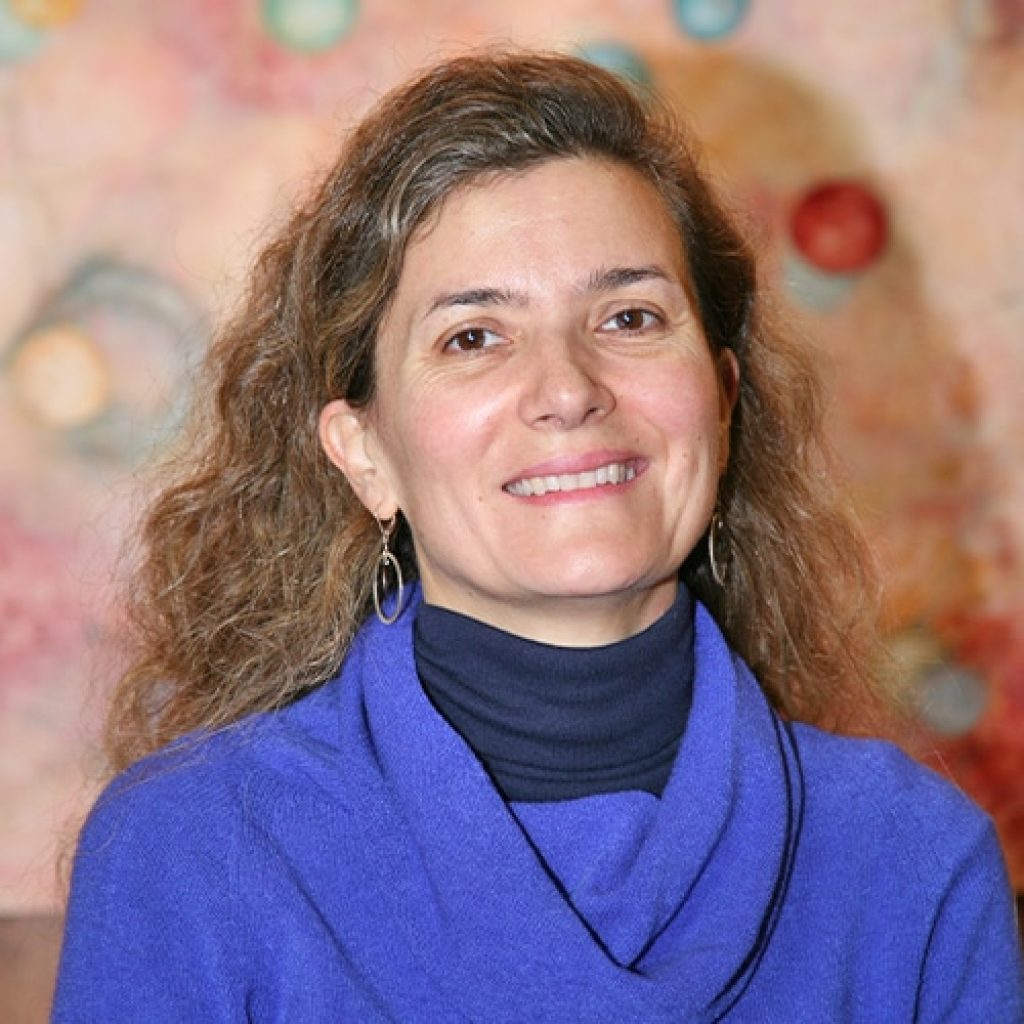WHAT DO YOU ENJOY MOST ABOUT WORKING IN THE LAB AND WHAT ARE SOME OF THE CHALLENGES YOU FACE?
I feel that working in the lab could really make a difference in the life of people with MS. We have specific questions; we formulate hypotheses and then we perform experiments to test them. The whole process is very inspiring. I am a clinician by training, and I know that what we do can really help people with MS. I have seen the landscape of MS change drastically in the past few years and this is all because of research. Being a scientist is very exciting, but it can also be very challenging. On a daily basis, it can be very frustrating. The experiments we do may not give the results we expect, despite a huge investment of time and energy. As researchers, we know that this is part of the game. Progresses seem to be minimal, but when you look back you see that over time you accumulate new knowledge. Another aspect I really enjoy in the lab is the team effort. All discoveries are the result of a collaboration and contribution of many different people working together and I think this is key for successful outcomes.
